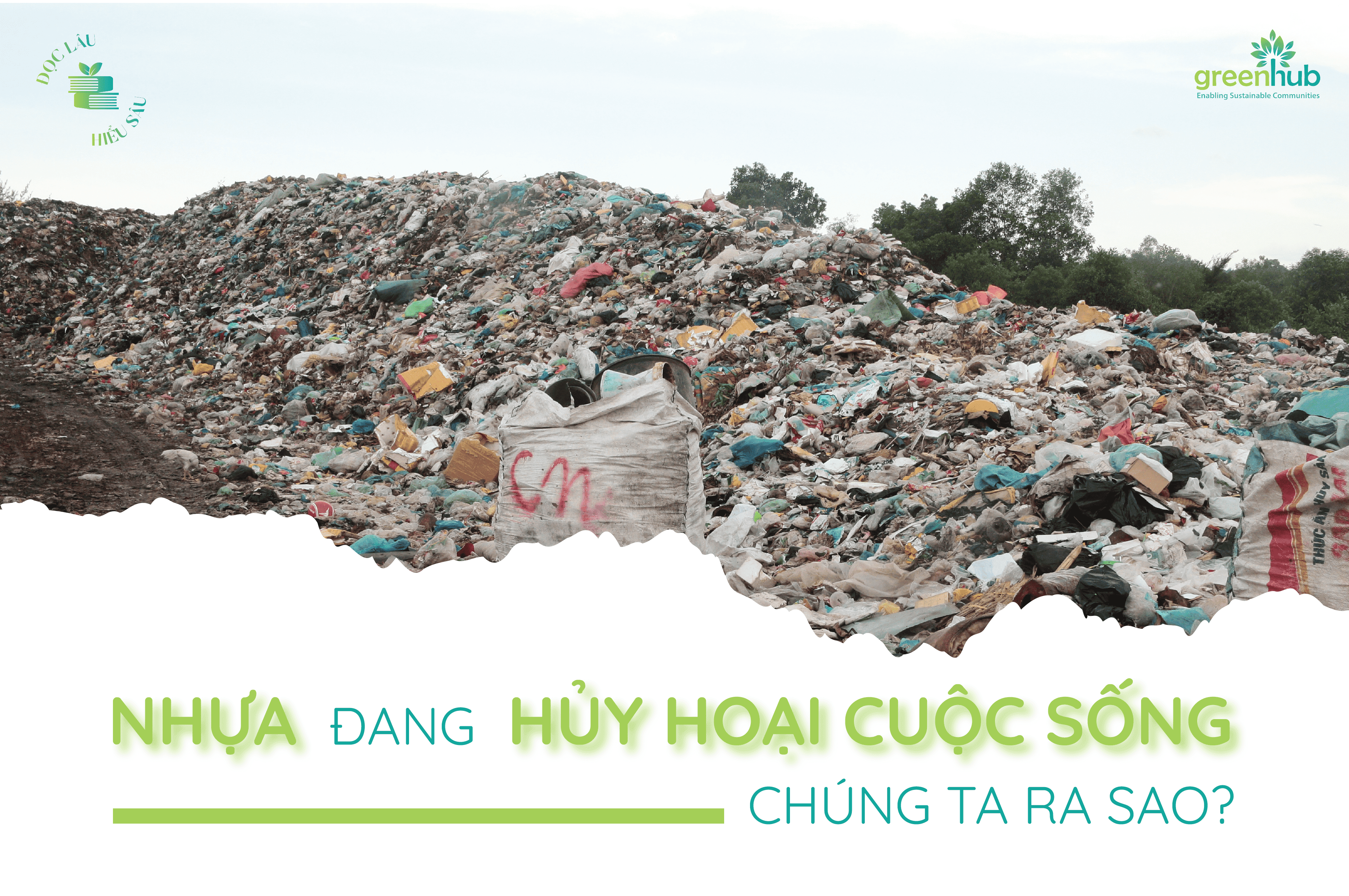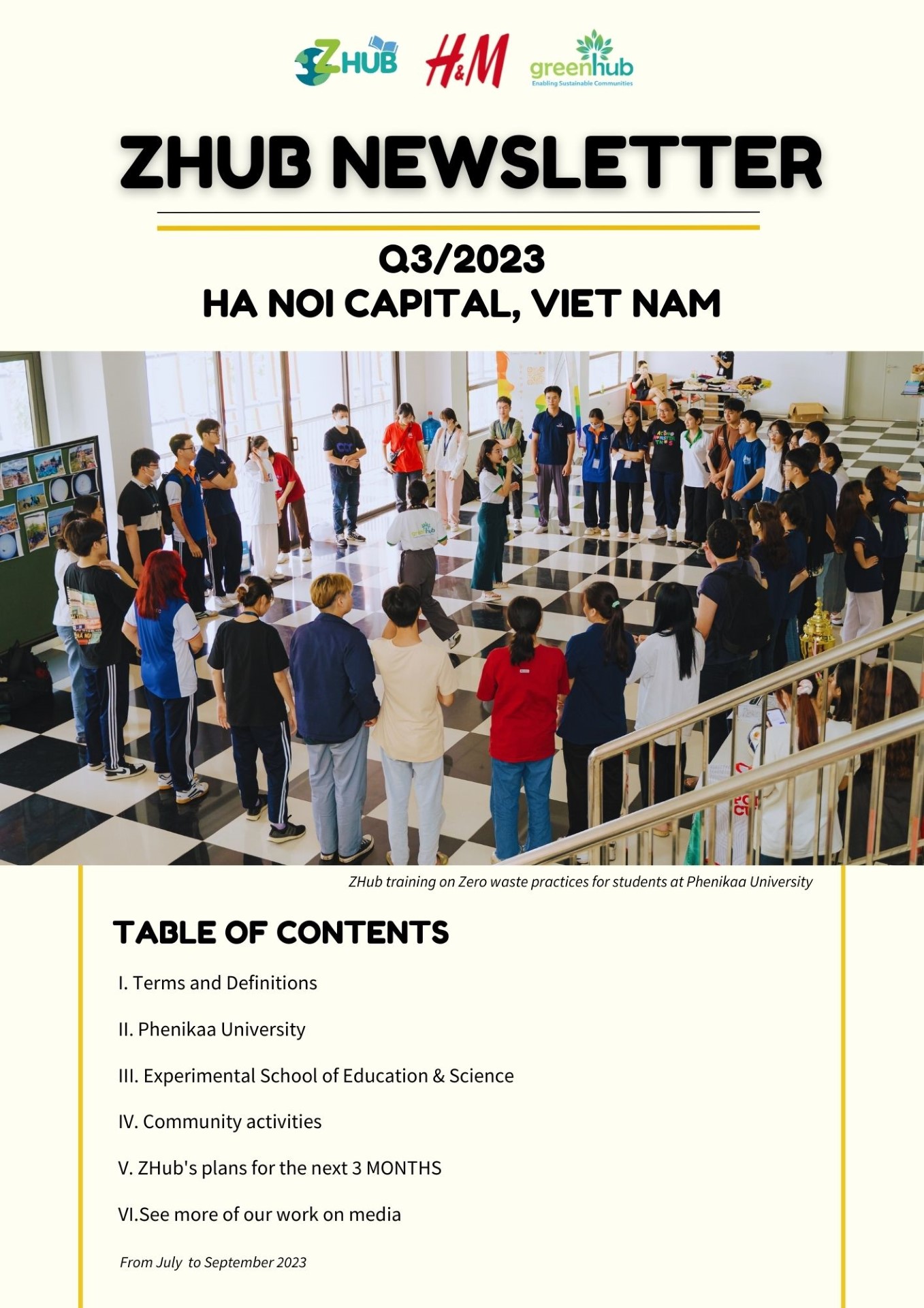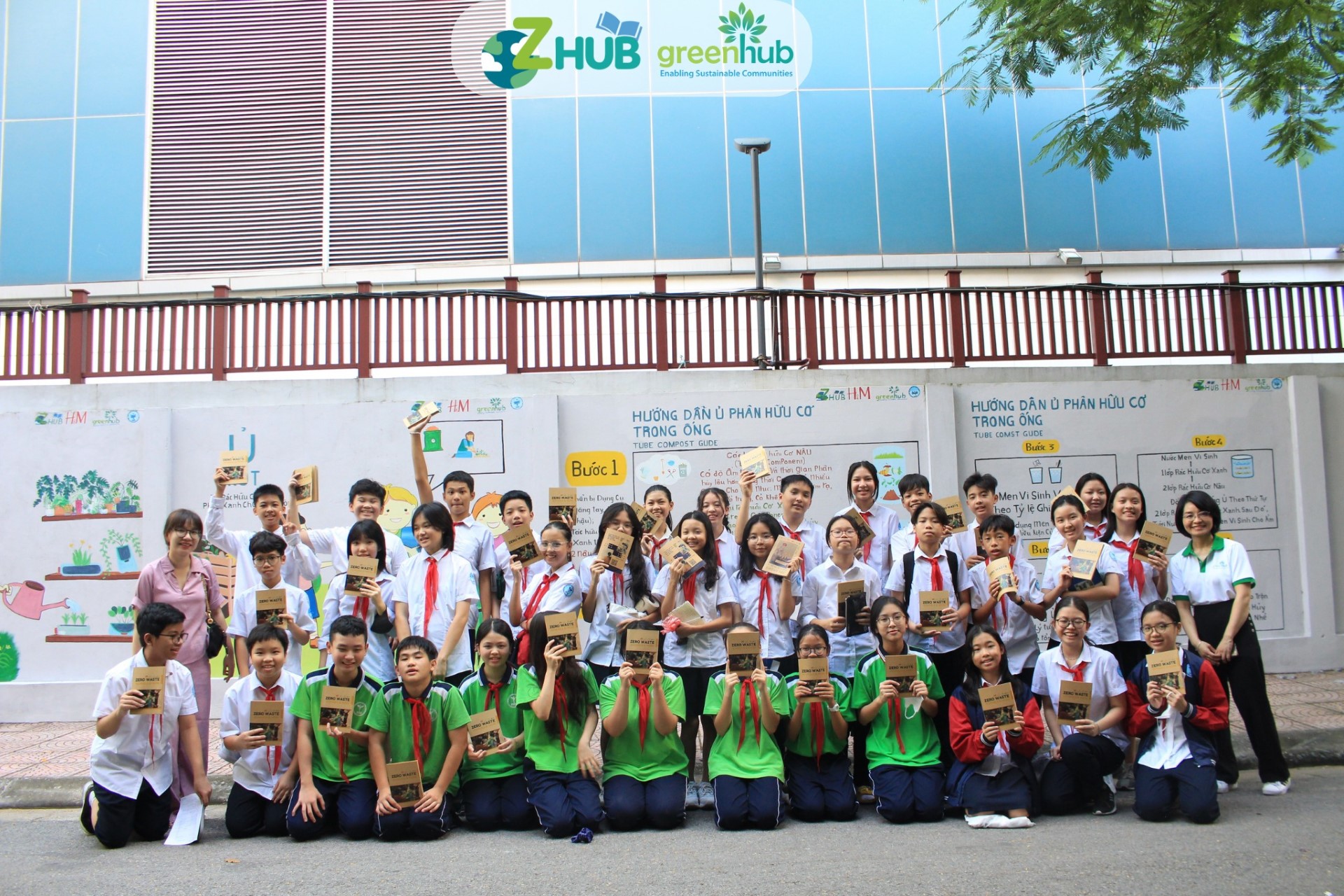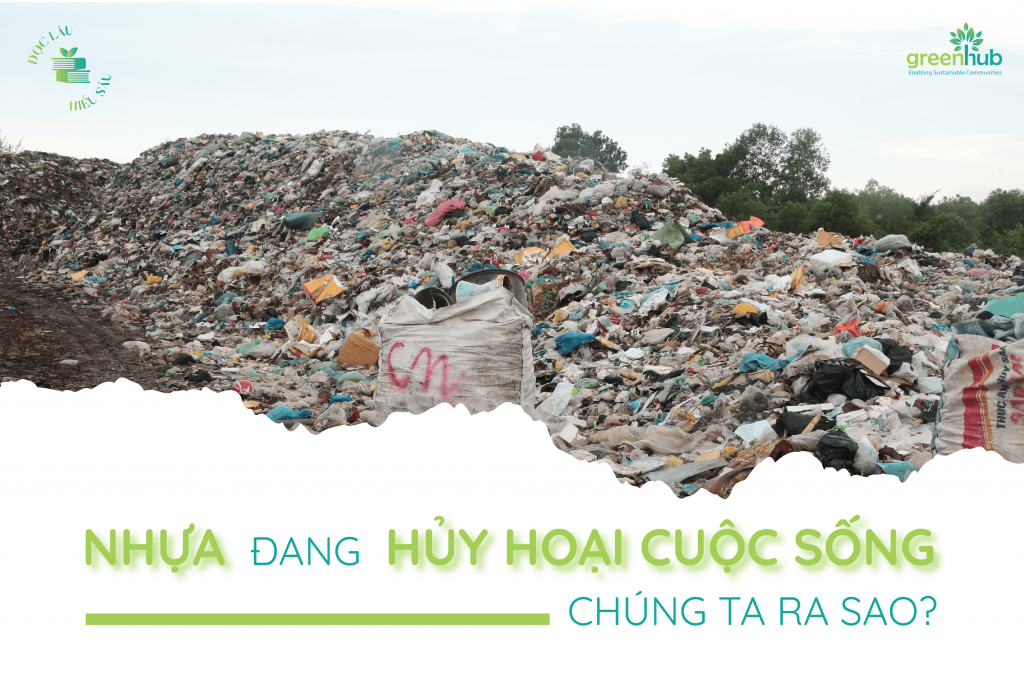
Plastic waste is neither created nor destroyed. It just moves from our house to the landfill, then the landfill will begin to silently destroy nature, animals and human life. Plastic waste in general and ocean plastic waste in particular is one of the most serious and urgent environmental problems today on a global scale.
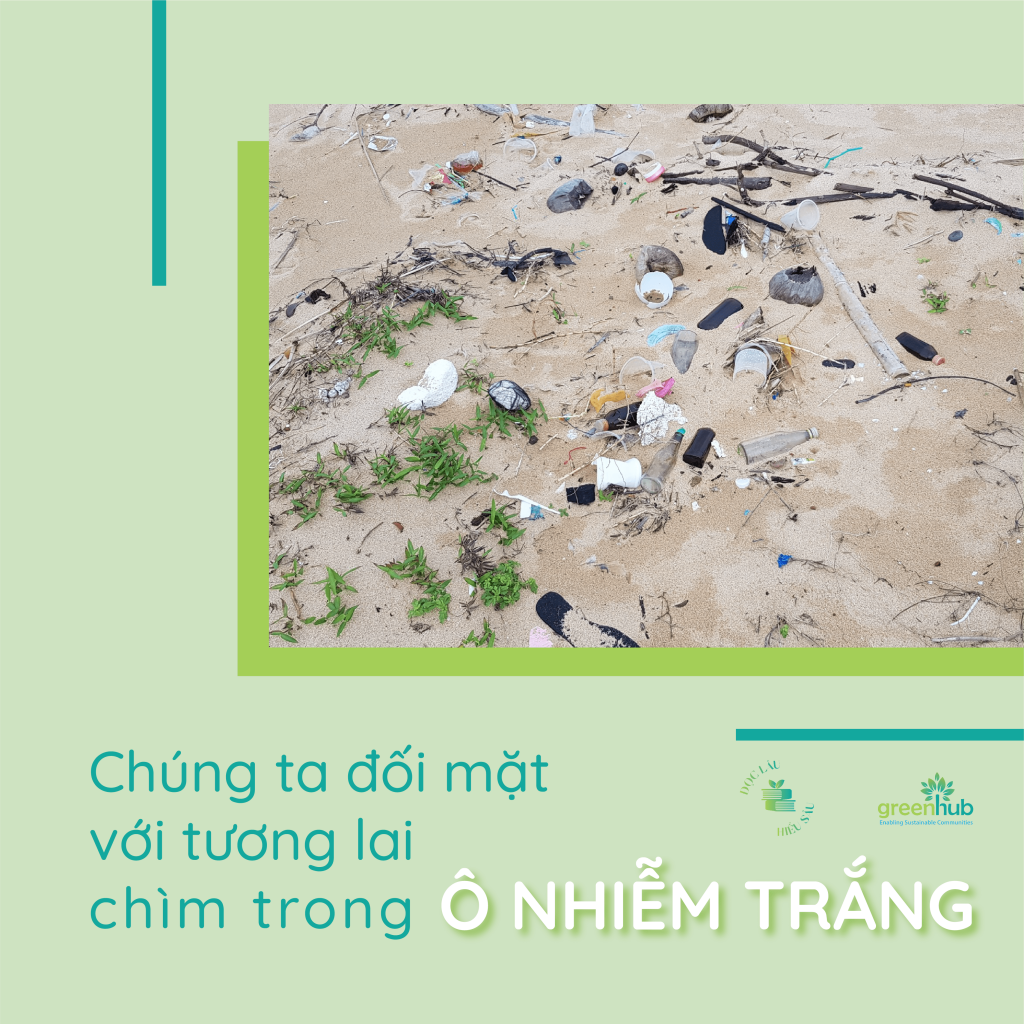
⚠Then how dangerous is that situation?❗
– In 2015, an estimated 4.8 to 12.7 million tons ended up in the ocean (out of a total of 275 million tons of plastic produced from 192 coastal countries in 2010) (Jenna R. Jambeck, 2015).
– The annual volume of plastic products produced has increased 20-fold in the past 50 years and is expected to double in the next 20 years.
– 1.124 million tons is the predicted number for the amount of plastic produced in 2050.
The above data have shown a future “sink in white pollution” if this amount of plastic products is not collected, recycled and reused thoroughly.
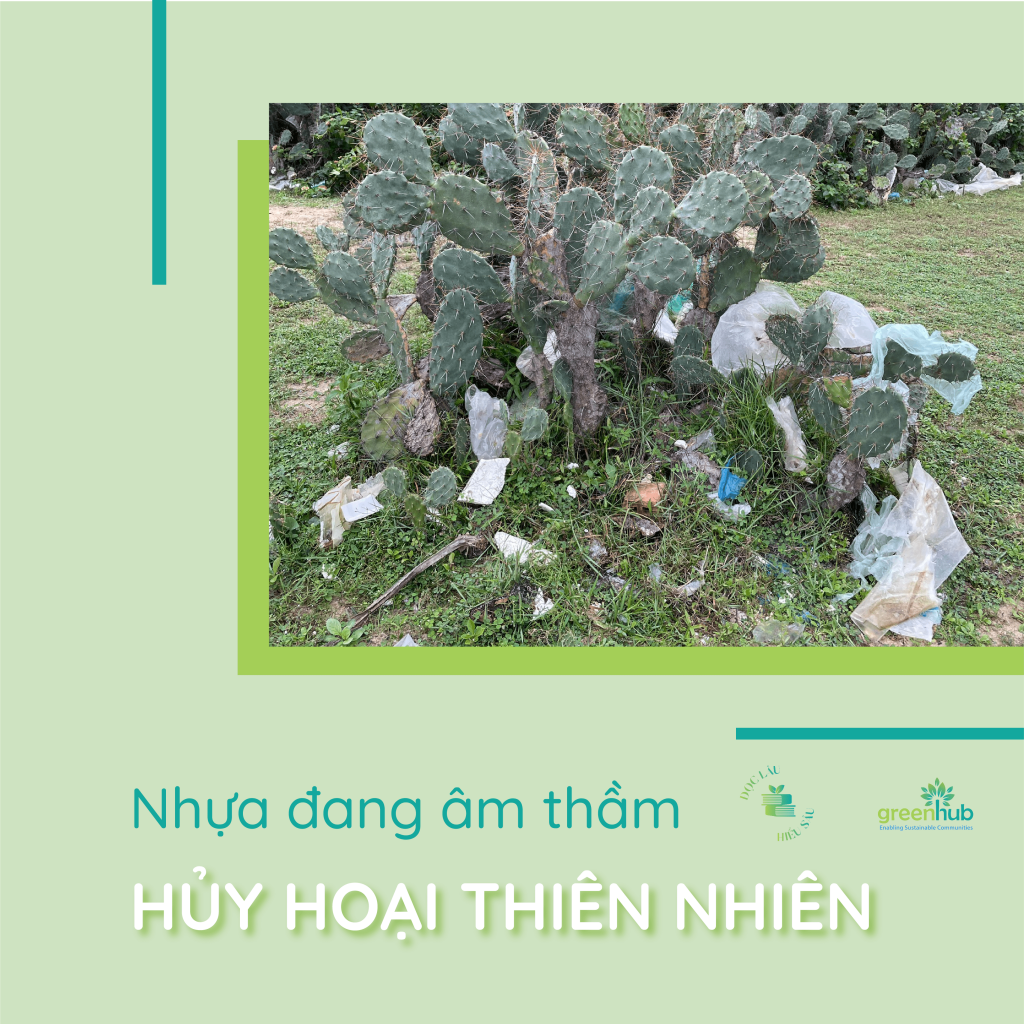
? How does plastic silently destroy nature?
– Natural landscape is destroyed: the amount of waste discharged into the natural environment or buried is increasing, in which plastic accounts for a significant proportion (50-80%) of the total volume of garbage found on the beach.
– Maritime activities including fishing and tourism are also affected. Discarded fishing nets (ghost nets) are floating causing damage to fishermen. In the marine environment, plastic debris contains organic contaminants including polychlorinated biphenyls (PCBs), pesticides (DDTs), polybrominated diphenyl ethers (PBDEs), alkylphenols and bisphenol A (BPA), etc. from plastic to seabirds and other animals. Most plasticizers affect hormone function. These substances not only affect the organisms that consume them directly, but also affect human health.
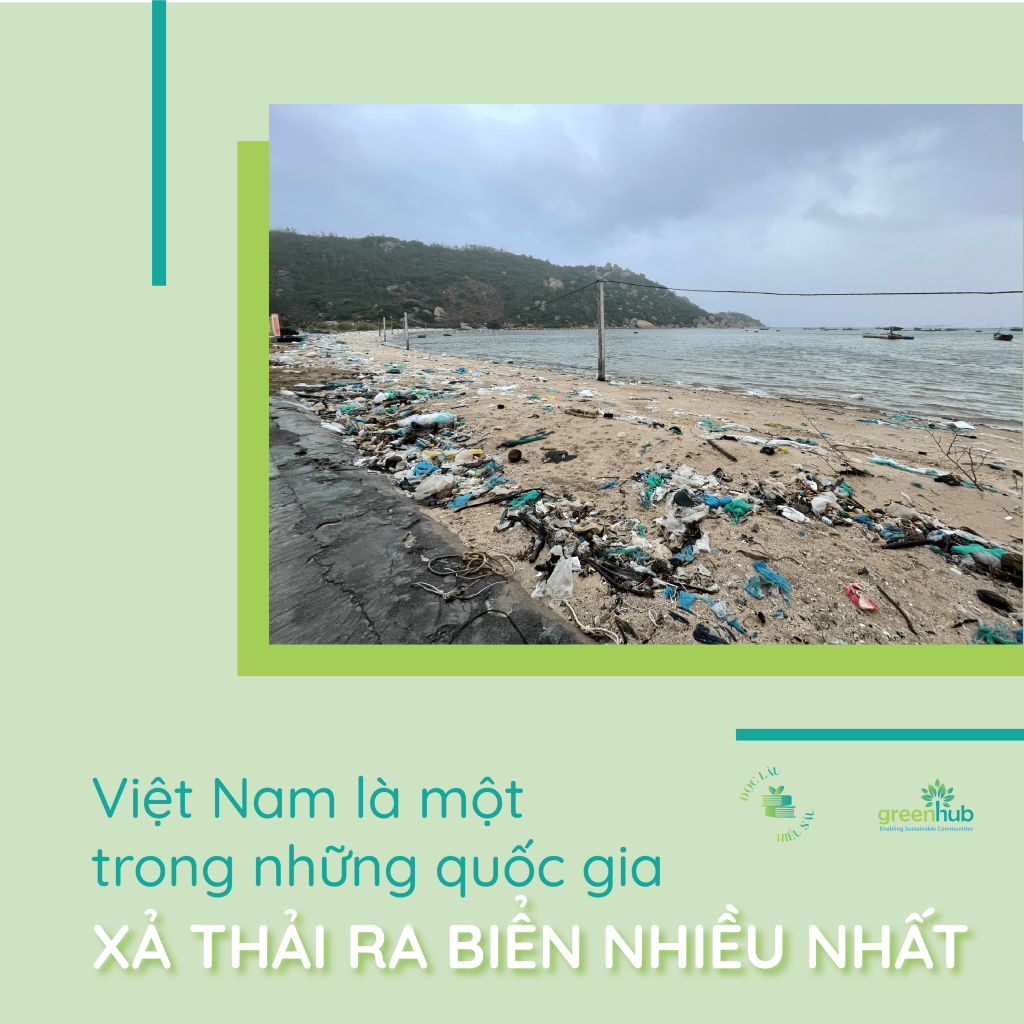
? Is our Vietnam in danger?
With about 0.28-0.73 million tons/year, Vietnam is one of the countries with the largest amount of plastic waste discharged into the sea in the world among the 20 countries studied which is equivalent to 6% of the total amount of plastic waste in the sea and ranks 4th out of 20 countries that discharge the most (Jambeck et al., 2015).
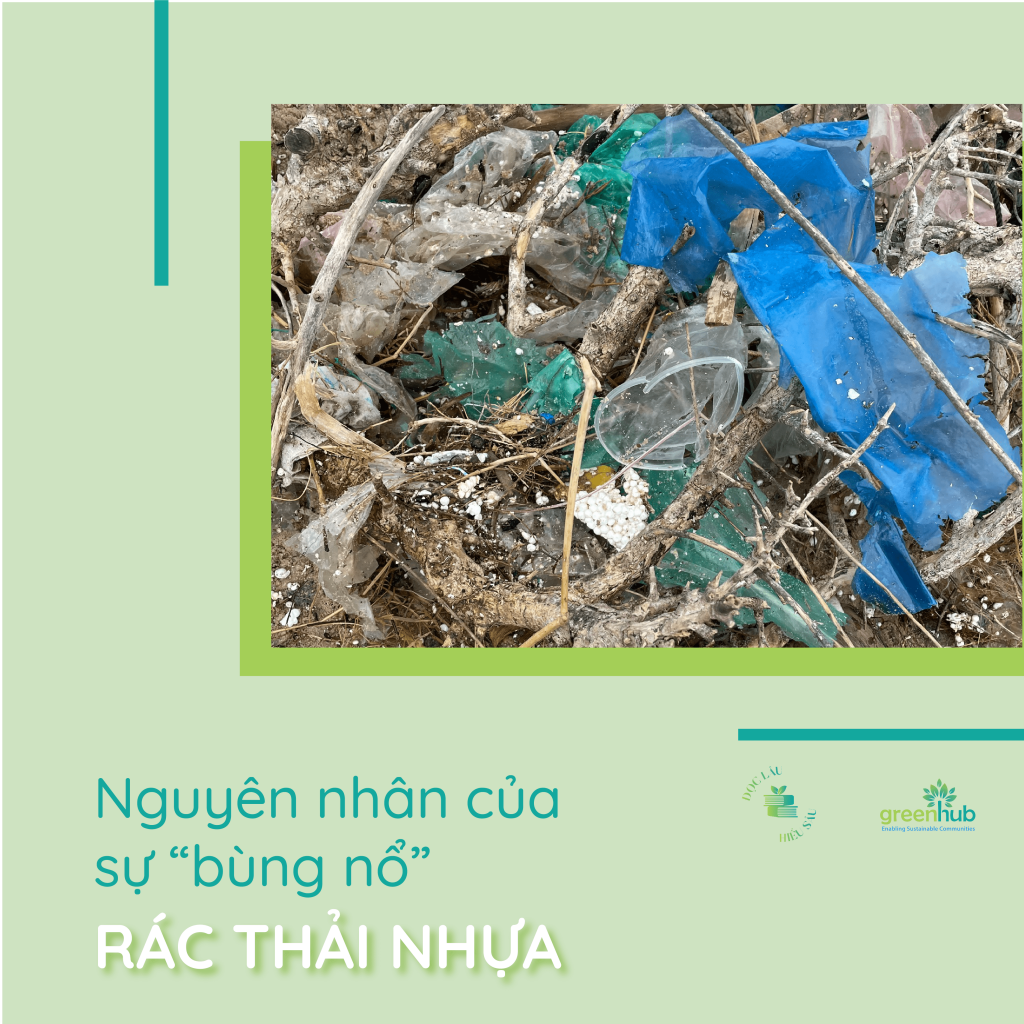
? The cause of the “explosion” of plastic waste?
Much of it comes from the activities of industry, daily consumption and especially the lack of effective policies in controlling and managing this type of waste.
Each country needs to have the determination to participate and closely coordinate with all stakeholders to come up with prioritized, strong and drastic policies to reverse white pollution.

Elimination round: Plastic Online (February 21 – March 21, 2021)
Topic: Plastic and COVID-19
Join Greentalk to share your voice about the plastic cycle)
Faced with such a serious problem, we cannot sit still. Now, protecting the environment is not a SHOULD, but a MUST, IMMEDIATELY ACT. Let’s start from small actions such as raising awareness with ourselves and the community, changing daily living habits, gradually bringing green to life.
Just by participating in the GreenTalk Speech contest, you had the opportunity to share your voice about “The cycle of plastic”, and raise your voice to wake up the community, step by step protecting nature from “plastic waste pollution”
? GREEN TALK 2021 ?
CATEGORY: PLASTIC ONLINE – FUTURE CHOICE
Details: http://bit.ly/Vongloai_GreenTalk2021
Registration link: http://bit.ly/GreenTalk2021
#GreenHub #GreenHub #PacificEnvironment #GreenLife #WasteManagement #SustainableAgriculture #SustainableDevelopment
——-
The figures are cited in the research paper, “Policies on plastic waste in some countries around the world” by Ms. Nguyen Thi Thu Trang, Co-Founder Deputy Director and Mr. Boris Fabres, senior advisor of GreenHub Green Development Support Center, located in “Reference information about the project of the Law on Environmental Protection (revised version), Library of Congress, No. 2/2020.
———
The article is in the category Long Reading, Deep Understanding: Change for Plastic. Read, understand and spread good values with GreenHub.
